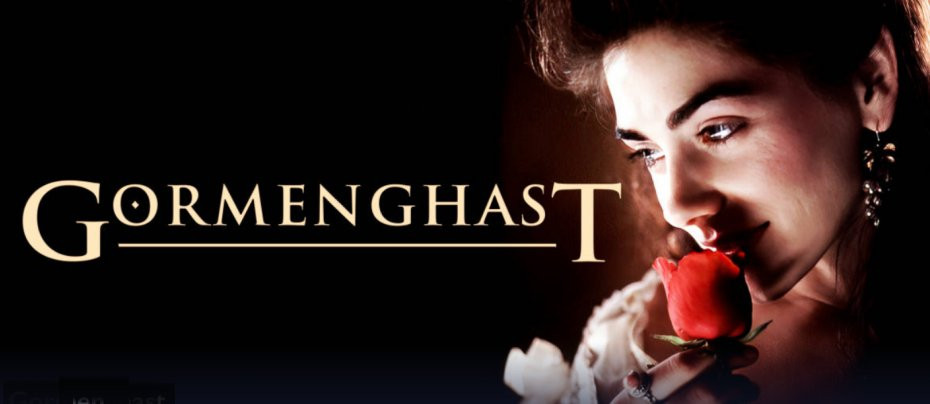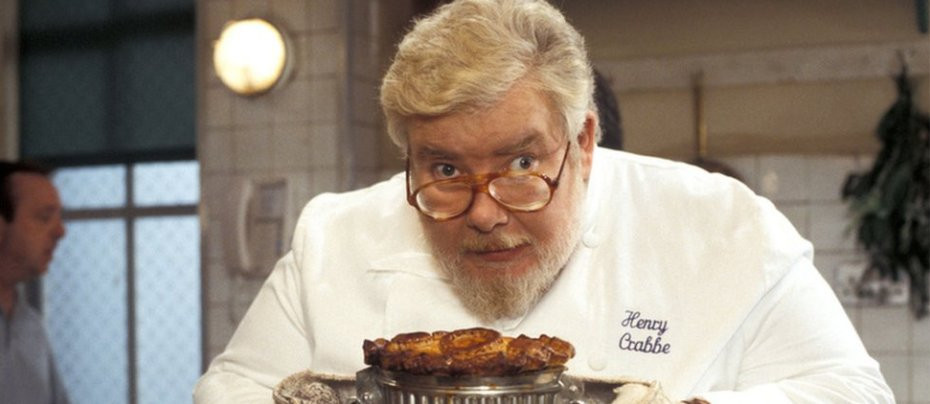
Richard Griffiths
His on-screen presence was a huge success in the Harry Potter movies as the hideous Uncle Vernon
Richard Griffiths remembered by Brian Slade
The legendary Groucho Marx was once reported to have said, ‘I can’t insult people anymore’ since any time that he did, people would delight in the comic put down they had received from the comedy legend. A similar thing could be said to have happened to one of Britain’s finest acting talents who survived a troubled childhood to become a loveable curmudgeon that the nation knew instantly but who was adored by those who knew him. That legend was one Richard Griffiths.
Griffiths start in life was a brutal one. His parents were both deaf, one from birth the other from the age of five, so it was no surprise that his sign language skills became vital. That didn’t help provide a happy home though as his parents screamed at one another in regular fights in a childhood he never remembered fondly.
School was no better, Griffiths regularly running away and leaving as soon as he possibly could. His early efforts at employment failed to satisfy him and so he eventually studied drama in Stockton and Manchester.
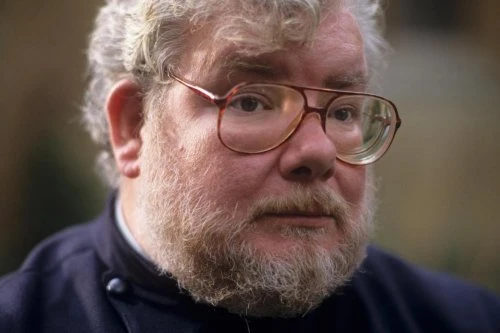
He eventually broke into television in the usual round of minor authority roles, but each was a brief guest appearance until his first significant recurring role, that of Sam Hooper in Nobody’s Perfect, a sitcom interpretation of the American show Maude, which had starred Bea Arthur of The Golden Girls Fame. Opposite Griffith’s as his American wife Bill was Elaine Stritch, but the show couldn’t repeat the success of Stritch’s previous Anglo-American success of Two’s Company.
Although Nobody’s Perfect lasted only two series and has rarely surfaced again since its last appearance in 1982, it helped make Griffiths become highly recognisable. He had a larger-than-life character, and a physique to match, but he was quick to point out that his girth was not a simple case of obesity. He had been a thin child, regularly bullied, and medical treatment to help him gain weight allegedly damaged his pituitary gland and he quickly and permanently gained the pounds.
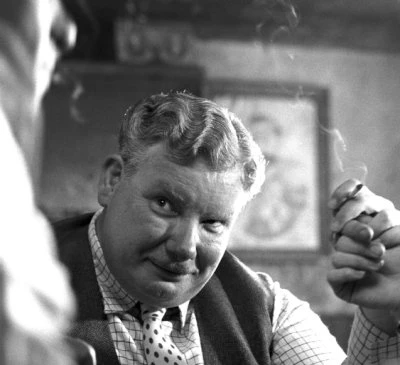
Griffiths’ performance in the 1987 film Withnail and I made him somewhat of a cult figure, particularly in the gay community, although he always remained somewhat baffled by this. Indeed, fame itself left him rather non-plussed and largely disinterested.
If his reputation on screen was gaining traction as a grump, it was added to by Griffiths’ next sitcom effort, three series of A Kind of Living, alongside Frances de la Tour and Tim Healy. Here he played a grouchy teacher, Trevor Beasley, who has moved 200 miles away from his home in Bolton to the home counties for work. While lasting longer than Nobody’s Perfect, A Kind of Living was another show that failed to garner much of an audience, but Griffiths’ screen presence made more of a largely forgettable script than it deserved…especially when discussing his new baby referred to simply as Og while the couple struggled to agree upon a real name for him.
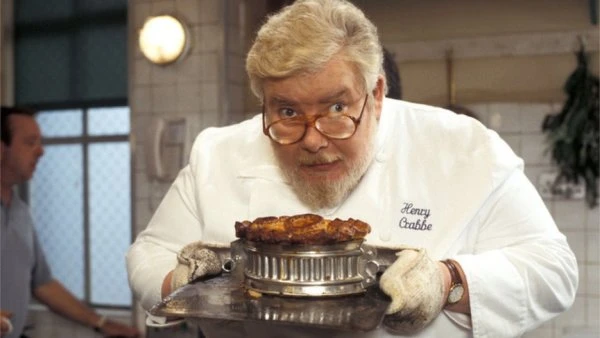
Despite being well recognised in movie roles thanks to his physical appearance, Griffiths conceded to being in a dire financial state until the opportunity arose to star in Pie in the Sky. The show was about a detective, Henry Crabbe, who would like to retire but is forced to continue part-time detective work after being blackmailed by his boss. As such, his real desire to open his own restaurant has to play second fiddle when cases need his years of experience.
Pie in the Sky was arguably Griffiths’ most successful television venture, running for five series on the BBC, and he also had a memorable cameo in The Vicar of Dibley as the Bishop of Mulberry, bizarrely bellowing at inappropriate times and often with inappropriate comments for a man of the cloth.
While finding his most successful television role Griffiths continued to wow audiences on the stage, which is where he was at his happiest, but it was in the early 2000s that his career reached new audiences and scaled new heights.
His on-screen presence was a huge success in the Harry Potter movies as the hideous Uncle Vernon, and while younger fans were being introduced to his skills, so theatre audiences were in raptures about his performances both sides of the Atlantic in Alan Bennett’s The History Boys, which garnered awards aplenty.
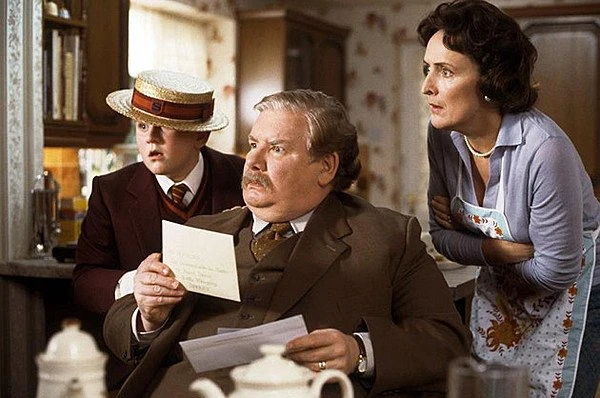
Griffiths had now reached the stage where public acclaim was a baffling and sometimes annoying side-effect of his success. He couldn’t understand autograph hunters and grew increasingly frustrated that people seemed unable to disassociate him from his most successful screen roles. At this point, his grouchy responses simply added to their perceptions. He became somewhat legendary in later years for interrupting stage performances to evict theatregoers whose mobile phone would interrupt proceedings.
In actual fact, despite his outspokenness, Griffiths was a hugely personable man, with anecdotes in abundance. He brought joy and laughter to everything he did, director Thea Sharrock believing that because of his early upbringing around his deaf parents, he became a warm person by virtue of the largely dismissed quality of listening, something she felt he did better than any other actor she worked with.
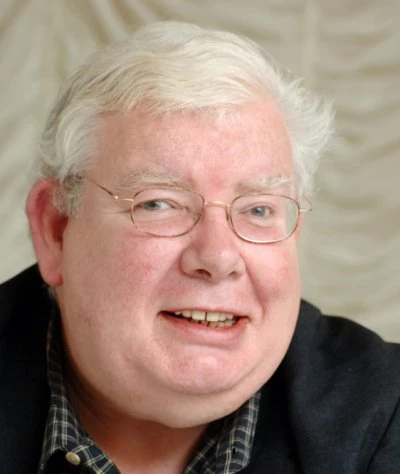
His size may have made him instantly recognisable, but it also caused his downfall as he passed away at the age of 65 following heart surgery in 2013. But despite the physical familiarity, Richard Griffiths’ talents and tales made him a much-loved raconteur who took his job very seriously, but far less so himself, and the screens and stages are undoubtedly a darker place without his presence.
Published on June 1st, 2023. Written by Brian Slade for Television Heaven.



